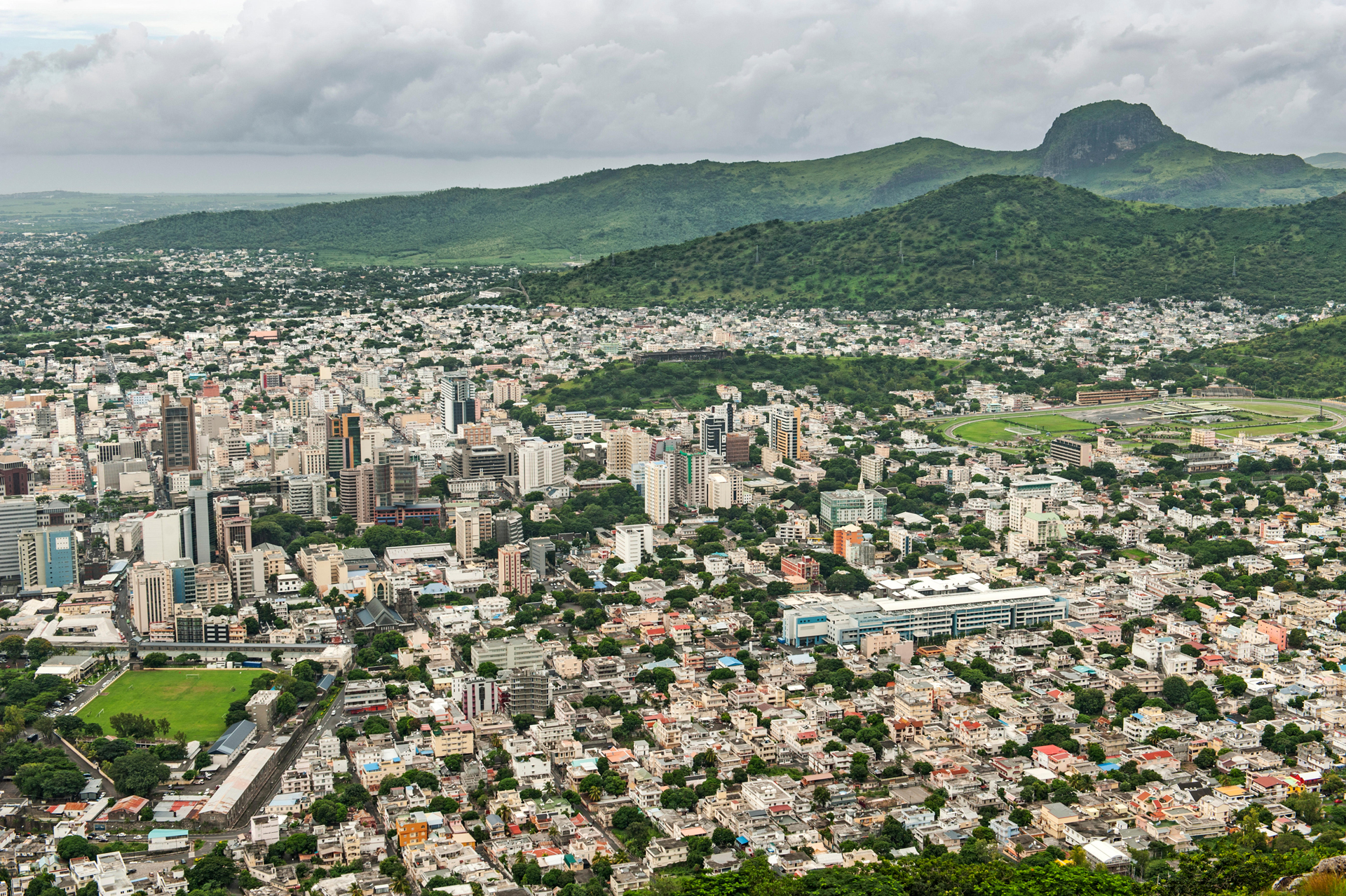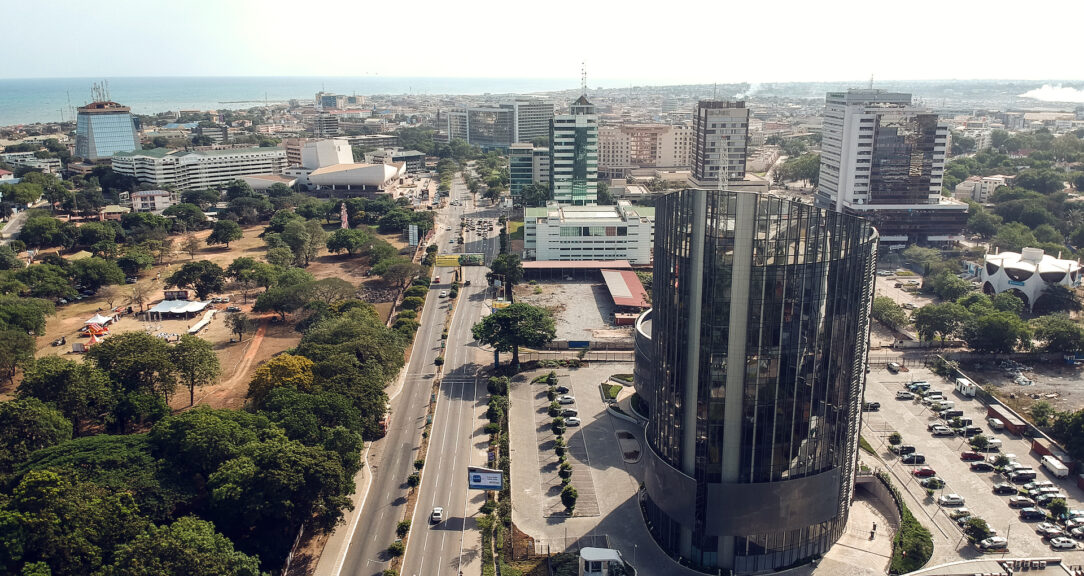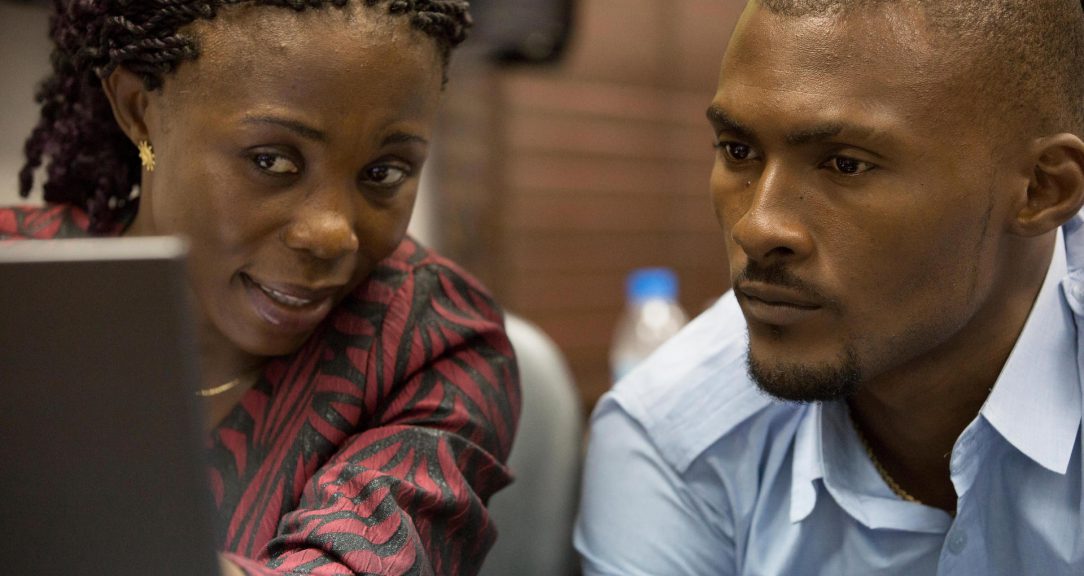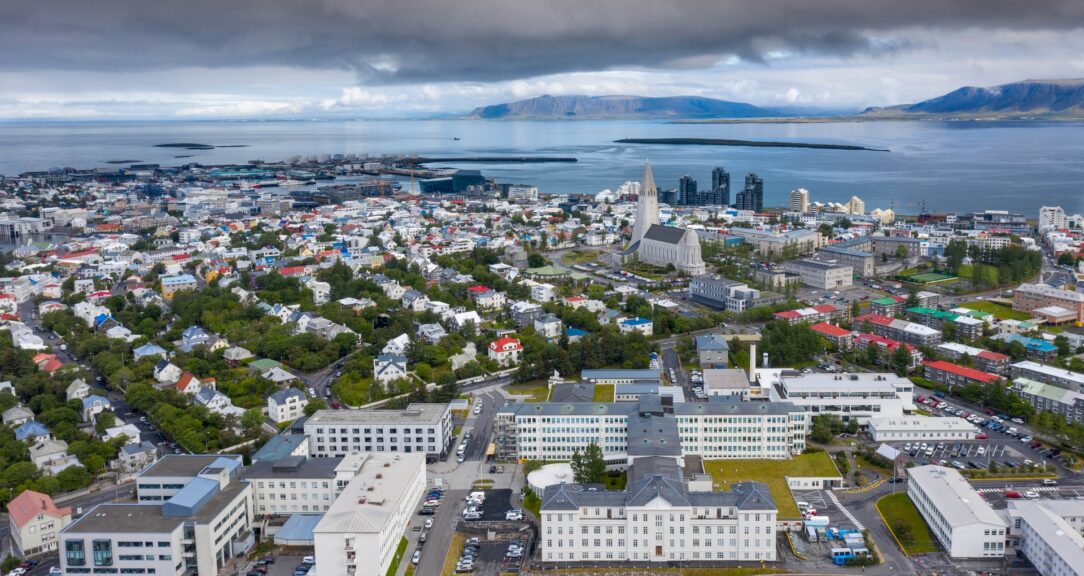Mauritius is known for its marvelous beaches, five-star hotels, and warm, welcoming people. But tourism is just one facet of this vibrant island nation, located off the eastern coast of Madagascar in the Indian Ocean. Mauritius has other assets that have propelled it to become one of Africa’s top economies.
First discovered by Arab sailors and then occupied by the Portuguese, Dutch, French and British, for centuries the country’s economy revolved around sugar cane production. In the 1980s, the government — which had achieved independence in 1968 — embarked on a successful diversification strategy, investing in infrastructure and leveraging the country’s highly educated and internationally minded workforce.
Today, this tropical paradise thrives on five key pillars: tourism, manufacturing, fisheries, information and communications technology, and financial services. The financial sector contributes a whopping 40% of the gross domestic product. In the future, Mauritius seeks to further capitalize on its strategic location between Africa and Asia, building a bridge between the two continents.
Continuous growth
Mauritius boasts a robust social safety net that provides free education, healthcare and retirement pensions for all citizens. A stable democracy with a highly educated population, the country has undergone a miraculous economic transformation. Since independence, Mauritius has witnessed significant growth, particularly in manufacturing and tourism.
“Mauritius has a well-educated population all thanks to our free public education system that extends until the tertiary level; everything is free through the first bachelor’s degree,” says Kevin Ramkalaon, CEO of Business Mauritius, which represents the nation’s private sector. “This fosters a generation that’s more open to the world compared to many others.”
Mauritius also has a unique geographic and cultural position.
“Our location offers a distinct advantage,” Ramkalaon adds. “We’re situated at the crossroads of Africa and Asia, with a culture that blends western and eastern influences. Being at the heart of the Indian Ocean places us in a prime position to tap into its vast cultural wealth and growth potential.”
Together, these factors have paved the way for international companies to establish offices in Mauritius.
“From a per-capita gross national income of $400 in 1968 to $10,243 in 2022, Mauritius has made significant strides in becoming an upper-income country — and is well on the trajectory to becoming a high-income country,” says Ken Poonoosamy, CEO of the Economic Development Board (EDB) of Mauritius.
As the country moved away from its reliance on the sugar cane industry, investing in other fields and upgrading its infrastructure, its cities have emerged as financial centers. Ebene, a suburb in the central urban region, is the country’s hub for technology, banking and financial services.
“Over the years, the country has forged a strong growth-oriented developmental path which has led to one of the highest per-capita incomes on the African continent,” Poonoosamy adds.
The Big Four accounting firms all have a presence here, strategically leveraging the island’s position to operate across the African continent and worldwide. This advantage is further amplified by a rising tide of inward migration. Workers from France, greater Europe, and South Africa are increasingly choosing Mauritius as a base to establish businesses or offices, capitalizing on the country’s numerous benefits.
Covid-19, however, took a heavy toll on the Mauritian economy. The government imposed two lockdowns: one from March to May of 2020, and a second in March and April of 2021. With business and global travel grinding to a halt, Mauritius was downgraded from a high-income to an upper-middle-income country. Inflation spiked to more than 10% before gradually easing to around 7%, according to World Bank data. As of 2024, tourism is back to pre-pandemic levels, and other businesses are on the rise. But the recovery has been uneven.
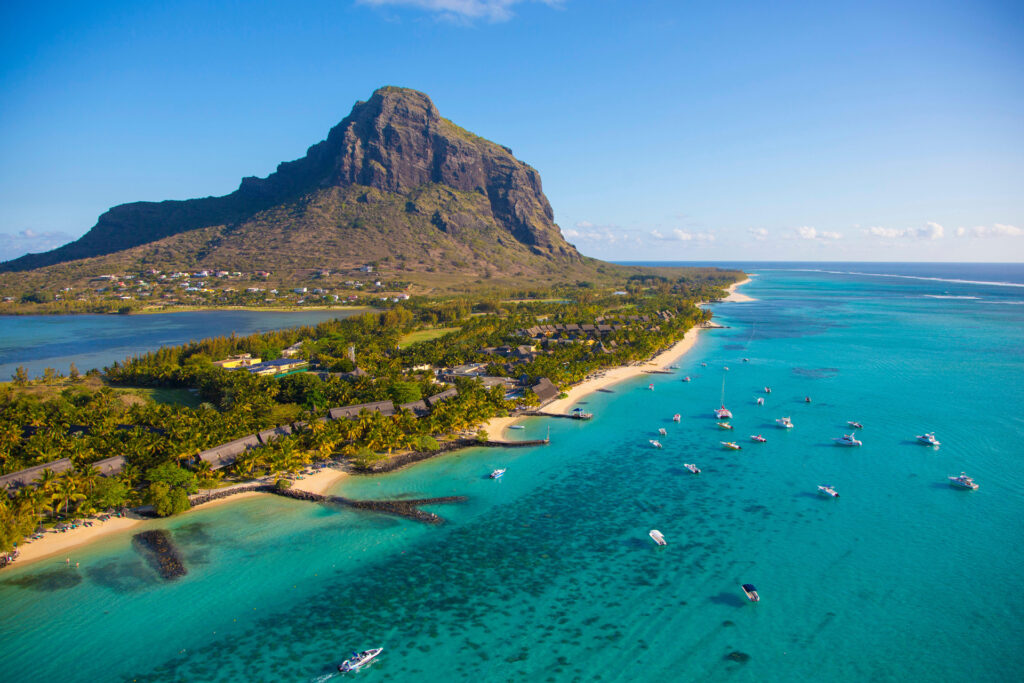
Future-proofing the economy
Mauritius also faces other key challenges. First, with a highly educated population comes the risk of brain drain. Some textile factories have also relocated to nearby Madagascar, where labor is cheaper. Recent changes in payroll and minimum wage laws have made doing business more complex, and the impact of climate change is becoming increasingly evident on the island.
Over the past two years, cyclones and flash floods have forced businesses to close for several days. In early 2024, the country endured several closures lasting as long as two days due to cyclones and heavy rainfall. While the widespread availability of high-speed internet allows many to work from home during these disruptions, bank closures significantly impact financial transactions, thus blocking the flow of money into and out the country.
But despite the challenges, Mauritius remains an attractive destination for global license companies and financial services while serving as a hub for Africa.
The EDB has embarked on a number of strategic initiatives to facilitate investment flows and trade of goods and services to Africa. Its Africa Strategy aims to consolidate and promote Mauritius’s traditional markets in the region, and to explore untapped markets in Western Africa — including Côte d’Ivoire, Ghana, Senegal and Togo, Poonoosamy says.
“Our strategy comprises initiatives that are aimed towards boosting and strengthening cooperation with our African counterparts, such as signing memoranda of understanding with investment promotion agencies on the continent, or being part of joint commissions with like-minded countries,” he explains. “We are also broadening our horizons in finding new markets through economic diplomacy.”
According to data from Statistics Mauritius, during the fourth quarter of 2023, the information and communication technology sector witnessed an impressive 11.8% expansion, significantly exceeding the 4.3% growth recorded in the previous quarter. Similarly, financial and insurance activities saw an increase of 6.7%, following 1.8% growth registered in the third quarter.
Dr. Bhavish Jugurnath, an economist with WhiteField Consultants, says the island needs to raise more revenue and future-proof its economic progress. He advocates for expanding economic clusters to further diversify and attract crucial foreign investment.
“The blue economy and artificial intelligence are promising areas for exploration in Mauritius,” Jugurnath says.
The blue economy — typically defined as economic activity related to oceans, seas and coasts, but excluding coastal tourism activities — makes up 10% of Mauritius’s GDP. The government hopes to double that in the medium term by investing in sustainable fishing and aquaculture, and by offering incentives to companies operating in offshore sectors.
The EDB’s strategy also includes consolidating established sectors as drivers for growth, while actively pursuing a diversification approach to attract new investors in emerging sectors such as pharmaceuticals and medical devices manufacturing, biotechnology, renewable energy, the so-called “silver economy” serving people over 50, and fintech, Poonoosamy says.
Mauritius’s ICT and financial services sectors make the island one of Africa’s most innovative regions, and by harnessing AI and fintech, Mauritius could better anchor itself as a gateway to mainland Africa, Jugurnath says. With the right, carefully thought-out incentives, Mauritius’s economic miracle could last well into the future, he adds.
Read more
Sign up to keep up to date with ReThink Q.
